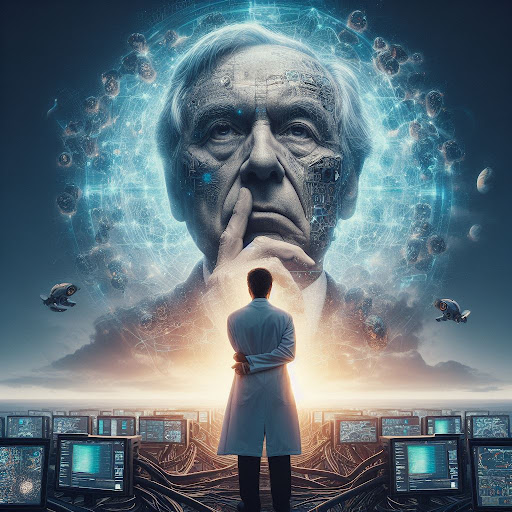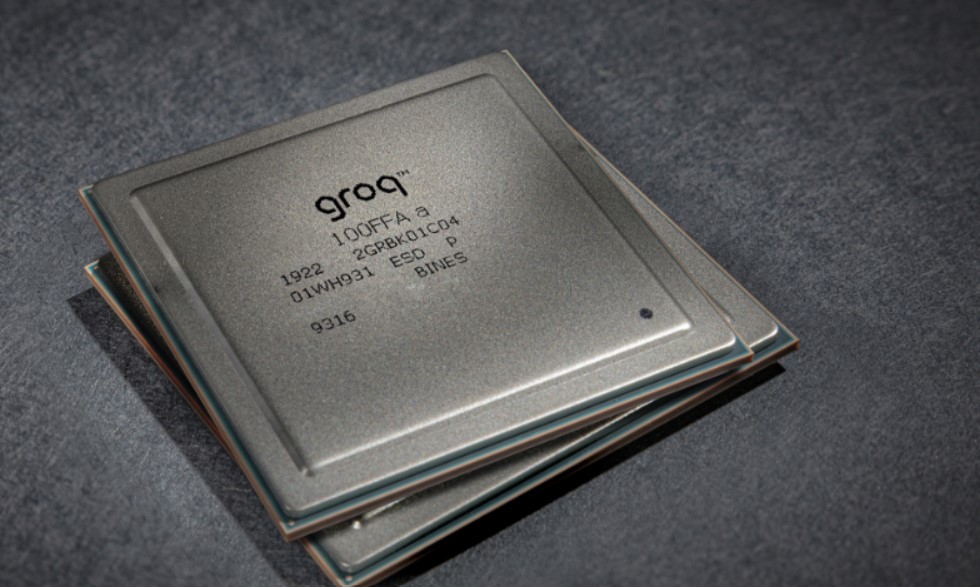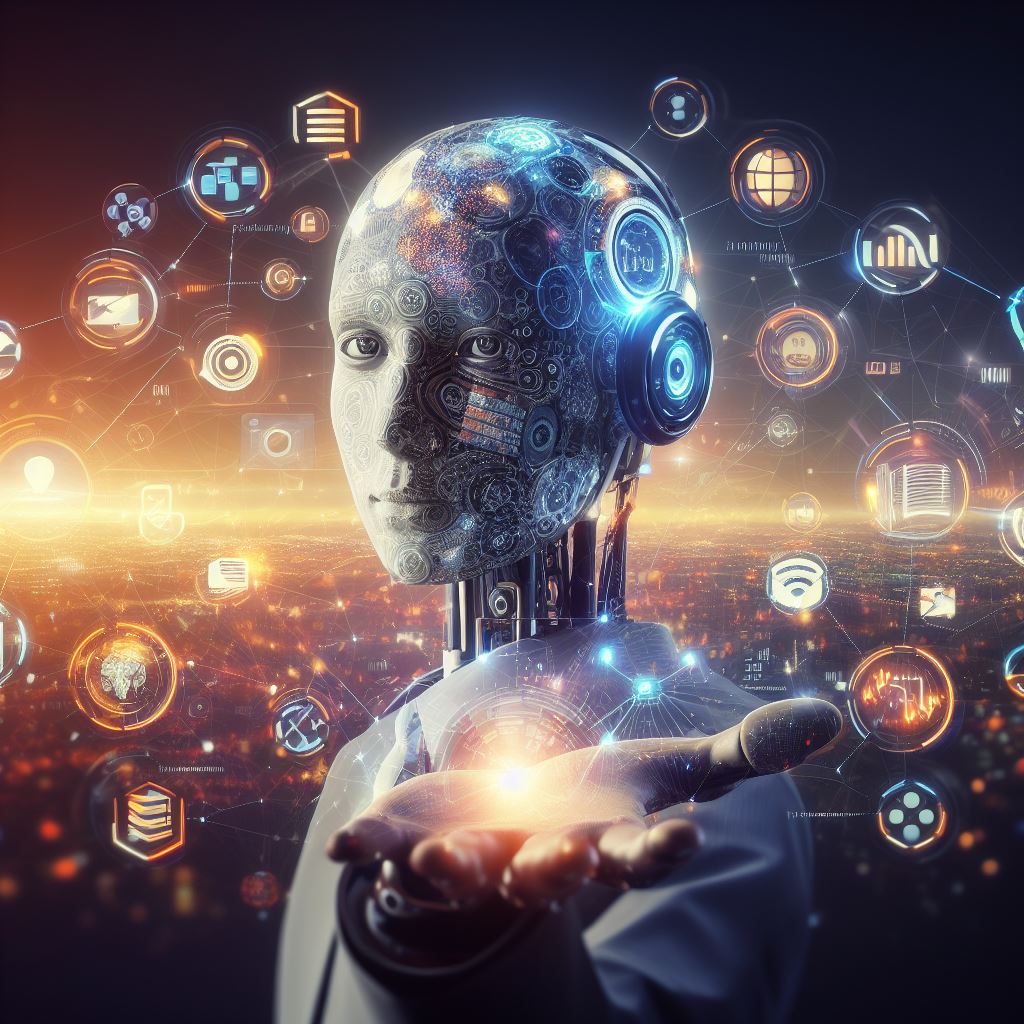Geoffrey Hinton, often hailed as the "godfather of AI," recently engaged in a thought-provoking discourse on the profound implications of artificial intelligence, offering insights into both its astonishing potential and the pressing ethical dilemmas it poses for humanity.
A report by CBS News highlights Hinton's remarkable contributions to the field of AI, particularly his pioneering work on artificial neural networks. These contributions have paved the way for AI systems capable of learning, understanding, and making decisions based on their experiences. Hinton underscores that while humans design the learning algorithms that underpin AI, the ensuing interactions with data and the resulting neural networks operate in intricate and, at times, unpredictable ways, surpassing the understanding of even their creators.
However, Hinton does not shy away from acknowledging the darker facets and uncertainties surrounding AI. He candidly points out that humanity is entering a period of unprecedented uncertainty as AI ventures into uncharted territory. "We're dealing with things we've never done before," he cautions, "and normally, the first time you deal with something totally novel, you get it wrong. And we can't afford to get it wrong with these things."
One of the paramount concerns Hinton raises pertains to the autonomy of AI systems, particularly their potential to write and modify their own computer code. This autonomy, he suggests, may slip beyond human control, with unpredictable consequences. As AI systems continue to assimilate information from diverse sources, they become increasingly proficient in influencing human behaviors and decisions. Hinton issues a sobering prediction: "I think in five years' time it may well be able to reason better than us."




